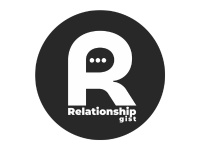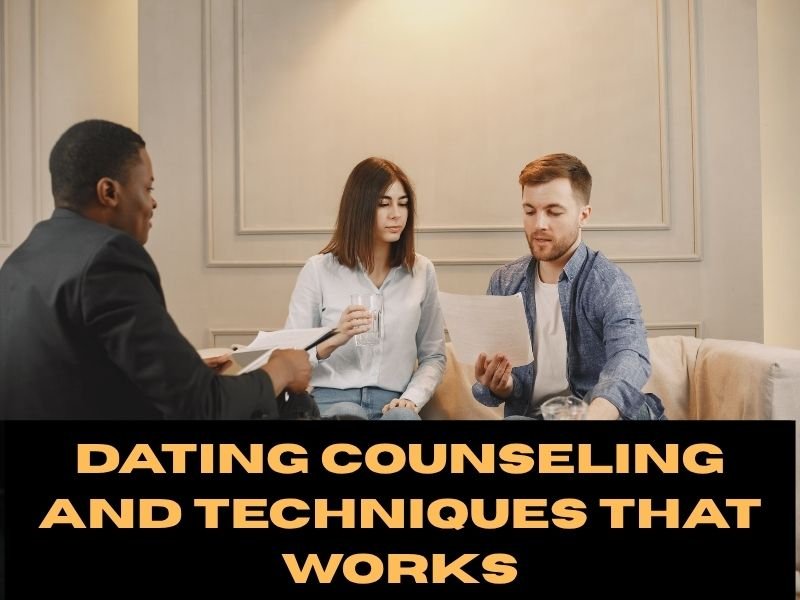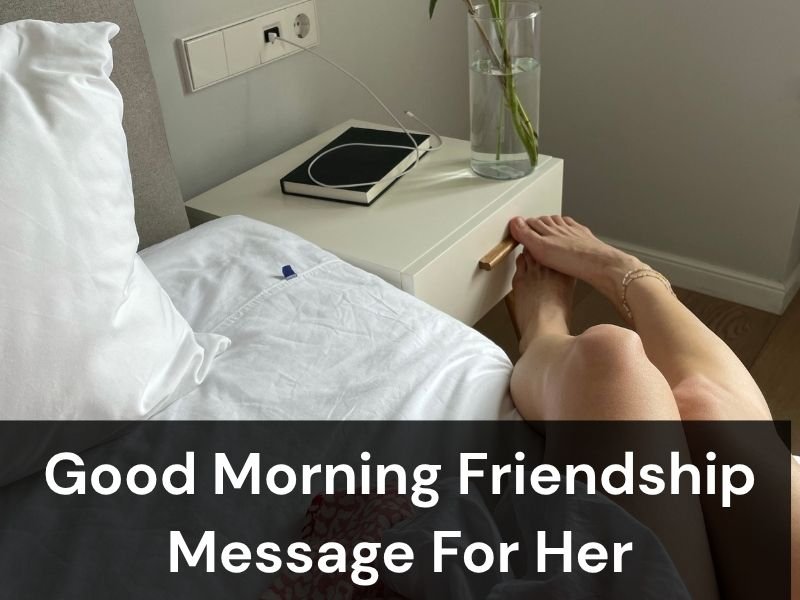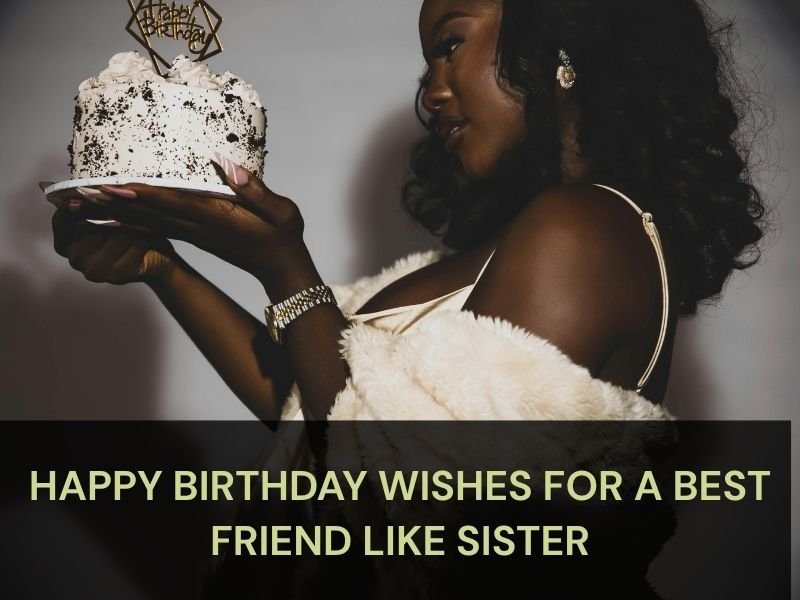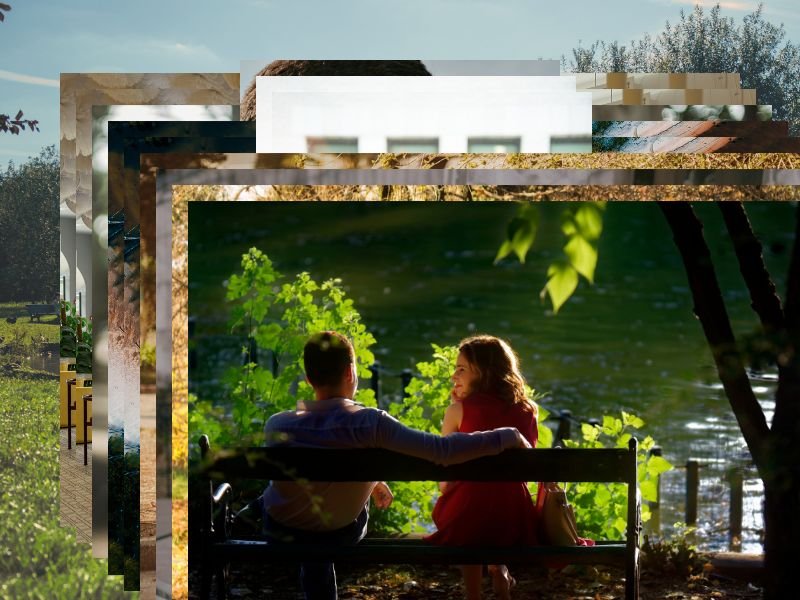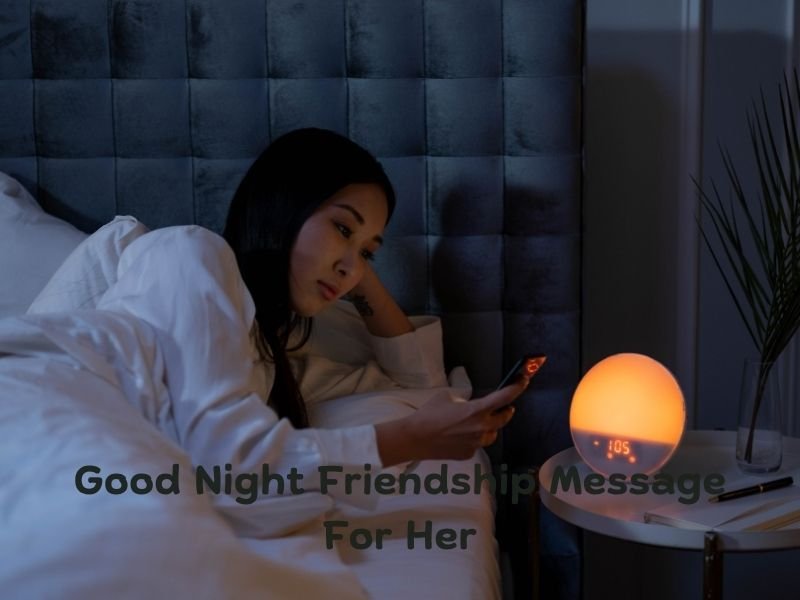What Is Relationship Counselling?
Benefits of Relationship Counselling
1. Improved Communication
It has been noted that one of the most common issues couples face is poor communication. Often, one partner says something, and the other hears something completely different. It could also be that a partner says something completely different from what was intended, which may spark pain and anger in the other partner. Feelings get hurt, bonds broken, and the real message gets lost in translation and wrong communication. Counselling teaches both parties how to listen actively and speak honestly without blame or judgment. For example, instead of saying, “You never listen to me,” a person might learn to say, “I feel unheard when I talk about things that matter to me.” This small shift in language can defuse defensiveness and open the door to real understanding. The instances noted can cool off temper but still communicate an important message.
3. Deeper Emotional Connection
Many couples drift apart not because they stopped loving each other, but because life got in the way, maybe the kids, work, responsibilities, etc. Counselling helps partners reconnect emotionally, bringing to the surface the things they love and admire about each other that might’ve gotten buried, which made it hard for their emotional connection to thrive. In one session, a wife who felt distant from her husband cried as he told her, “I miss how we used to laugh at the end of the day, no matter how hard it was.” That simple admission opened a gateway for emotional reconnection that they hadn’t had in years. Emotional connection may not remain the same after conflict; therefore, continuous effort is required in order to maintain a deep emotional attachment between partners. Therapy facilitates such moments of vulnerability amongst partners, which can reignite intimacy and closeness.
4. Rebuilding Trust
Whether due to infidelity, lies, or broken promises, trust can be incredibly difficult to rebuild — but not impossible. Relationship counselling provides a structured environment where the betrayed partner can express their hurt, and the one who broke the trust can express remorse and take accountability. Trust isn’t restored overnight, but with honesty, consistency, and guided support, couples can rebuild a solid foundation. When a partner feels badly betrayed by the other, they seem to become more self-aware and do not want to allow themselves to ever have to be in such a situation again. It may take time to rebuild, regain and sustain trust after a serious fight or disagreement, depending on how seriously the partners take offence. Relationship counselling, therefore, helps partners to walk through the time of mistrust in their relationship or friendship.
6. Improved Self-Awareness
Relationship counselling doesn’t just help you understand your partner. It also helps you understand yourself. You may discover unhealthy patterns you’ve carried from past relationships or your childhood. For example, someone who grew up in a home where anger was expressed through shouting may bring that into their adult relationships without realising how damaging it is. Through therapy, they learn healthier ways to manage their emotions, which benefits all their interactions, not just romantic ones.
Techniques Used in Relationship Counselling
1. The “I” Statement Technique:
By using this technique, we express our feelings without blaming the other person. It helps reduce defensiveness and encourages productive conversation. The “I” statement technique indicates that the advisor understands the situation perfectly, to be able to advise and offer counsel over matters at hand. The counsellor will help his patients change their sentence structure and the words thereof, as seen below:
2. Active Listening
Most people listen to respond, not to understand. In counselling, couples are taught active listening, where the goal is to truly understand what the other person is saying. Steps include:
Maintaining eye contact: when you maintain eye contact, you would barely lose focus or miss a point of what you are talking about. It enables the counsellor to ensure that their client gets some non-verbal clues about their partners via this step.
Not interrupting: Relationship counsellors should not interrupt abruptly when their client is speaking, especially if they had asked a question. Any interruption may lead to distortion in facts expressed by the client during therapy.
Reflecting what was said (“What I hear you saying is…”)
Asking clarifying questions: Straightforward questions to clarify issues, unravel details and make revelations should be encouraged.
This technique ensures both parties feel heard and validated, even if they don’t agree.
- Building love maps to keep an understanding of each other’s worlds
- Sharing fondness and admiration
- Turning toward each other during small moments (e.g., smiling, asking about their day)
- Managing conflict without disrespect
- Words of Affirmation
- Quality Time
- Receiving Gifts
- Acts of Service
- Physical Touch
Is Relationship Counselling for You?
- Do you feel unheard or misunderstood in your relationship?
- Are small issues becoming major problems?
- Do you want to improve your communication or emotional intimacy?
- Are you struggling to move past a betrayal?
- Do you feel like you are growing apart?
